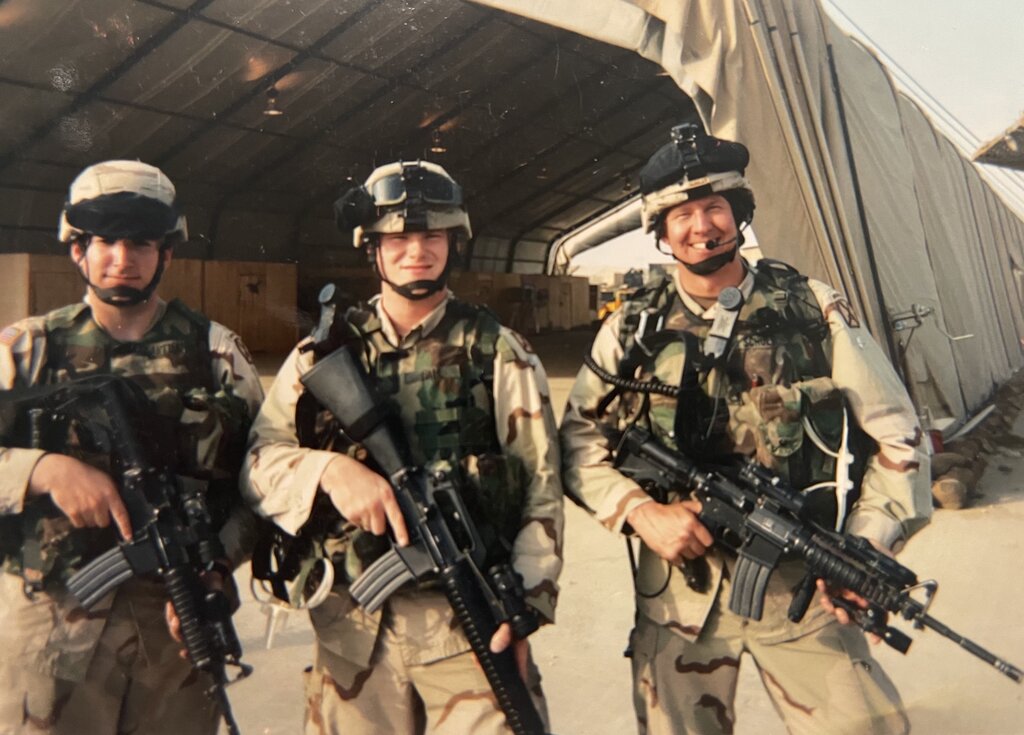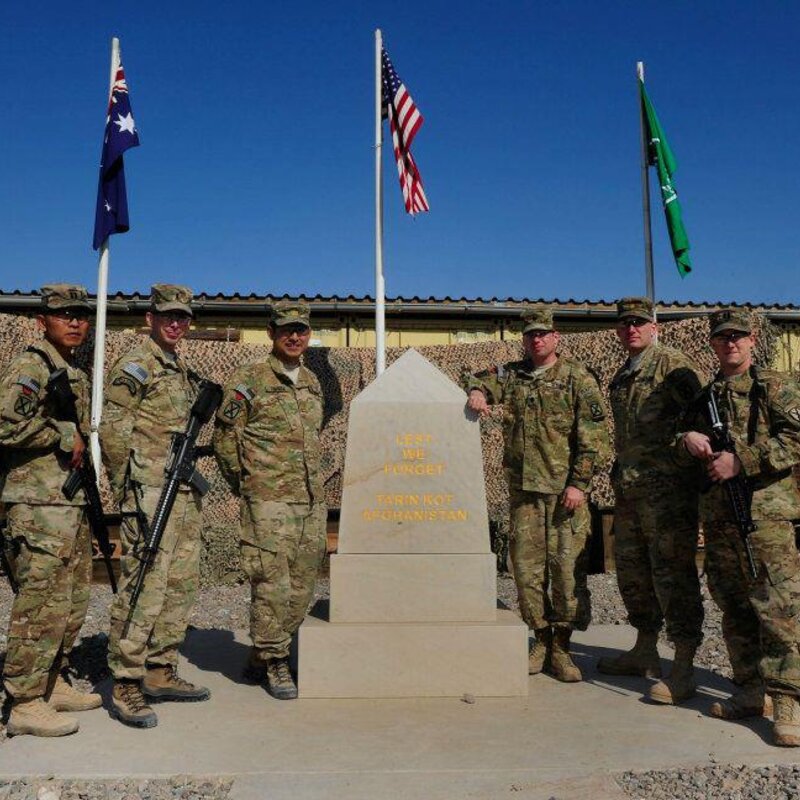Trevor Chartier recently retired from the United States Army as a Lieutenant Colonel, after a 20 year career as a Military Intelligence and Infantry Officer. He has conducted four deployments to Afghanistan and Iraq as part of combat units. He currently resides in Huntsville, Alabama where he works as the lead information security officer for Bright and as a Department of Defense contractor.
I first saw combat in Afghanistan 18 years ago. As a young, strong, Infantry Lieutenant full of piss and patriotism, I was genuinely ready to deliver justice to each and every perpetrator of the 9/11 attack one bullet at a time. The only concern I or any of my Soldiers had was that the war would be over before we “got our chance”. My unit and I quickly learned the harsh lessons of war, far from the glory and heroism typically portrayed; instead, we were provided endless supplies of boredom and exposed to terror, cruelty, hardship, and death.

I’ve spent my entire adult life, training for, training others, or actively engaged in combat. We occasionally dabbled in preparing for “peer threats” (China/Russia), but our main focus was always Afghanistan and Iraq: the big show. They weren’t the wars we chose, but by God, they were the only ones we had.
Join the Waitlist

Like many Afghanistan veterans, I’m now overwhelmed with a feeling of loss—nothing but memories, medals, and unanswerable questions. What was the point? Why did I personally take up the calling? Did we lose the course, or was it just a course that should have never been taken? Did we make the United States or our allies any safer, or were we just the new Legionaries sent to subdue a people and secure resources for “the good of the Republic”?
It was during my first time in Afghanistan that I understood “people are people everywhere”. No matter the culture or race, we all have the divine spark. We love our children and want them to have a better life than us. We have talents and possessions that we take immense pride in. Humour is remarkably the same in any language. We want to be accepted. We want to be loved.
No matter the culture or race, we all have the divine spark.
But there were also real differences, often so severe that it seemed the gaps in culture may never be bridged. It could not be said, in general, that we valued our own lives or the lives of those close to us in the same way. The idea that an individual could commit themselves to a suicide attack against civilian targets, just to discredit the standing government, is not something most Americans can easily understand. Cultures also clashed when it came to interactions between men and women. Speaking to a woman had the potential to cause major offense (possibly leading to the woman’s physical harm), but child sodomy by the ruling class was a near institution within many tribes. And their hate, a true hate, of the West, is something most westerners have never seen and could never truly understand. It seems like folly now to look at those differences and to think we could ever reach a place of true understanding.
I’ve watched over the past twenty years as we struggled to build Afghanistan in our image. Elections, constitution, a system of equal rights for women, and a military structured and equipped in the height of western fashion. For the last five years, there has not been a coalition military force present in Afghanistan that was truly capable of standing against an amassed Taliban force. But what we were able to provide was a skeletal structure capable of supporting the whole. There was little surprise in seeing the entirety crumble when our technology, intelligence, and logistics disappeared. We failed to fully understand the culture—as we failed to understand the driving motivations—of those within the structure we had built.
Now with the “orderly” withdrawal from Afghanistan complete and my military generation’s Saigon etched in history, things will be as they always have been. In Afghanistan, tribalism will rule, those who can be subjugated will be, and a safe haven for extremism will develop and expand. In the US, the average citizen will return to not thinking about the Afghan people. The only thing that will remain is within those of us who bore the battles, and the families and loved ones of those who were lost.
Afghanistan has been said to be the graveyard of empires. Time will tell what other victims she may claim, but for us and those like us, it is the graveyard of our innocence, youth, and comrades.
Join the Conversation
Join the waitlist to share your thoughts and join the conversation.
Trevor Chartier
Trevor Chartier recently retired from the United States Army as a Lieutenant Colonel, after a 20 year career as a Military Intelligence and Infantry Officer. He has conducted four deployments to Afghanistan and Iraq as part of combat units. He currently resides in Huntsville, Alabama where he works as the lead information security officer for Bright and as a Department of Defense contractor.


.png)